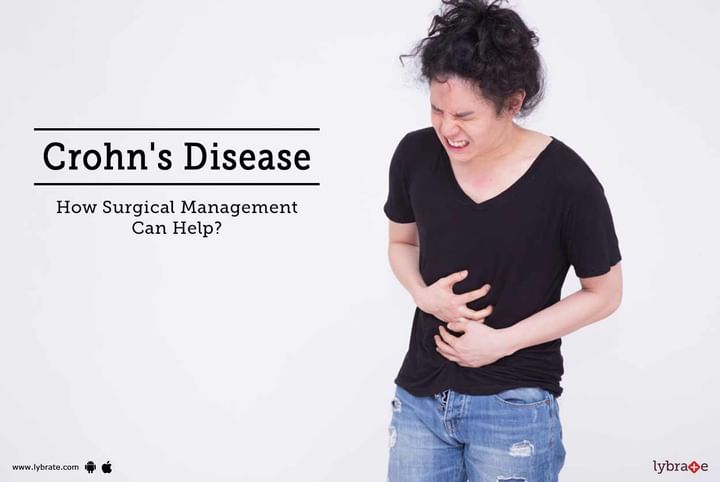Crohn's Disease - How Surgical Management Can Help?
Life can be tough when living with Crohn’s disease as it is a chronic condition. Especially with the disease is marked by phases of relapse and remission, it requires a long-term management to keep the symptoms in check. Though the flare-ups can be typically contained using medications, some of the patients with severe symptoms or complications arising from the illness would require surgery.
Before we proceed with the surgical management of the disease, it is essential to understand what Crohn’s disease is in case you are not aware of it. It is a chronic illness in which the intestine or the bowel have become inflamed or marked with ulcers and sores and is a part of disorders collectively known as inflammatory bowel disease(IBD).
When does Crohn’s disease require surgery?
Typically, patients who are suffering from complications of Crohn’s Disease may require surgery. This may include the formation of a scar that is causing the bowel to narrow down and leading to obstructions, extensive bleeding from the intestine, perforation in the bowel wall or the formation of fistula or abscess. The fistula may be formed in the connecting area between two body parts that do not meet. Also, a condition known as toxic megacolon where the large intestine or the colon becomes severely stretched out causing the toxins to spread all through the blood requires surgical intervention.
What are the different surgical options available for Crohn’s disease?
The surgery chosen for Crohn’s disease is dependent on various factors such as where the disease has affected, how severe the disease is and most importantly what complication will be treated by the surgery. Here are some of the types of surgeries done for treating Crohn’s disease:
- Strictureplasty: If the small intestine is affected by the disease, it may show up in the alternating areas of the bowel. Strictureplasty is a surgical way of widening the narrow area of the small intestine into a portion which has been affected by the disease. It doesn’t involve removal of the intestine.
- Resection: This is yet another surgical process where the affected part of the intestine is removed. It may be required when the stricture has become elongated. The removal of the diseased portion of the intestine may be able to offer some relief from the symptoms.
- Colectomy: This surgery refers to the removal of the entire colon, and it is done when the disease is severe and extensive.
- Proctocolectomy: When both rectum and colon are affected, both these parts are removed by a process called proctocolectomy. When this process becomes necessary, the waste materials drain into the bag which is emptied every day.
Since, the surgical intervention aims to manage the disease, your doctor would be able to recommend the most suitable option as per your condition.



+1.svg)
